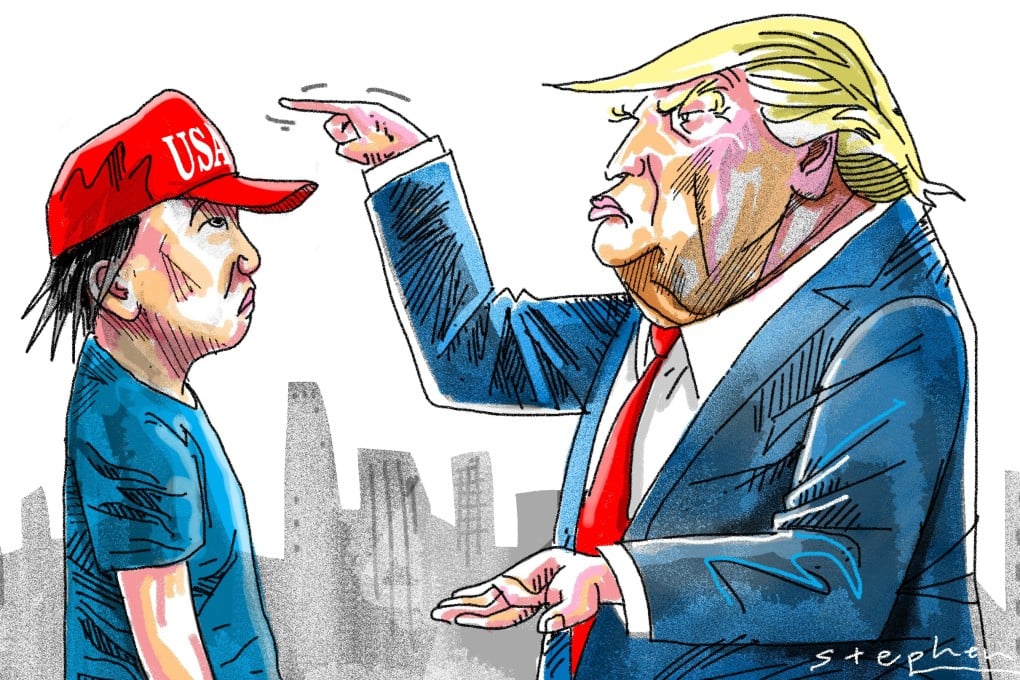Advertisement
Opinion | Donald Trump’s stoking of anti-China racism over the coronavirus puts Asian-Americans in a tight spot
- On top of the economic and public health challenges, Asian-Americans are also the target of xenophobic attacks fanned by the major-power competition between the US and China
- Asian-American voters who support the Republican Party are turned off by the GOP’s persistent anti-China rhetoric
4-MIN READ4-MIN

In the expanding global Covid-19 crisis, Beijing and Washington have wasted no time in exchanging political blows, both high and low.
On March 13, the Chinese State Council Information Office issued its 2019 report on human rights violations in the US, highlighting the government’s anti-immigrant, anti-women, anti-minority and anti-poor policies and generally depicting America as an illiberal regime with rampant third-world problems.
To add insult to injury, Beijing is now encouraging conspiracy theories that the novel coronavirus might have originated from the US.
Advertisement
A March 4 Chinese-language editorial by the state-controlled Xinhua – titled “We are righteous: The world should thank China” – even demanded an apology from the US for its “anti-China” rhetoric and travel ban, while dangling the threat of cutting the export of key medical supplies to the US.

Meanwhile, in America, the “China threat” pundits have also been busy at work. On March 3, US Senator Rick Scott, a long-time China critic, said in a letter to The New York Times: “Communist China cannot be trusted, and has not been honest about the coronavirus.”
Advertisement
Advertisement
Select Voice
Select Speed
1.00x
